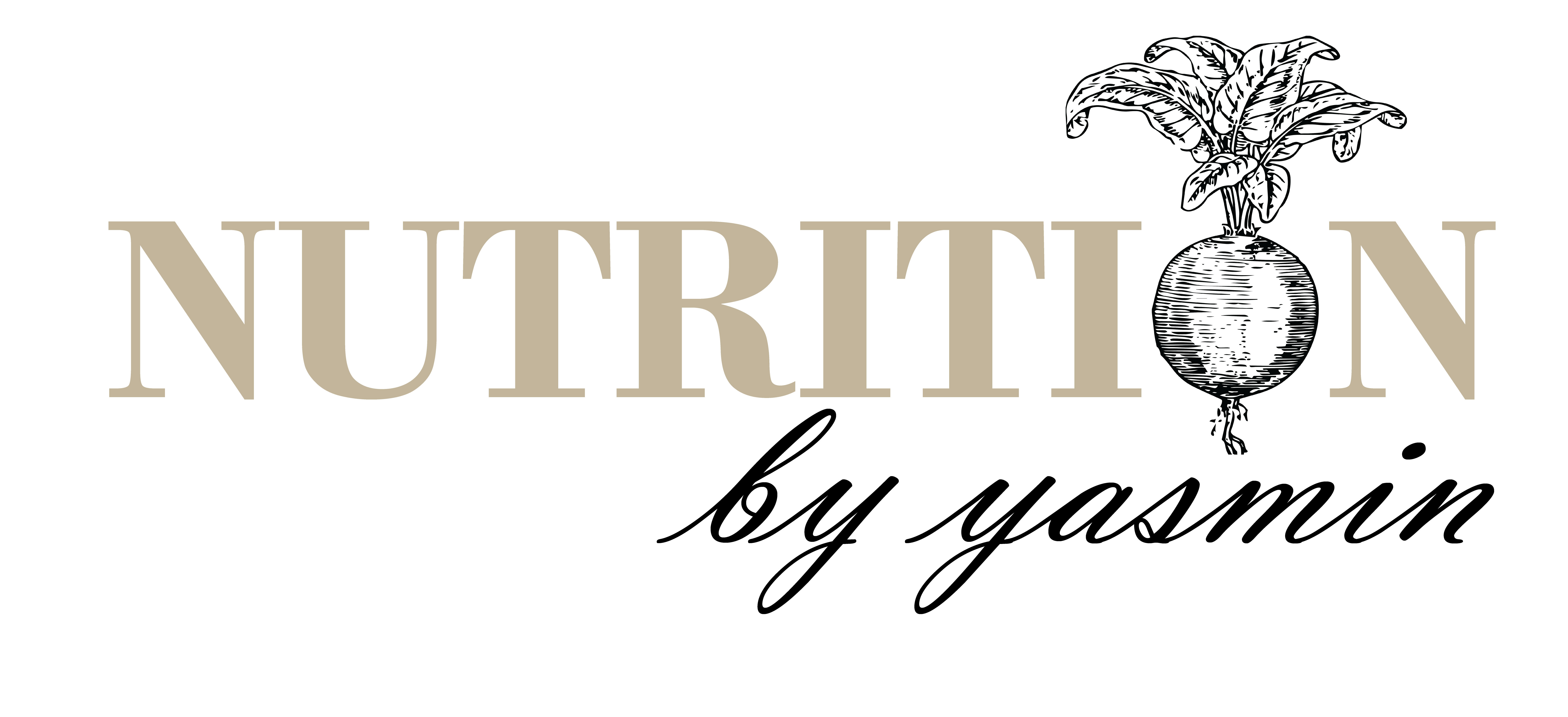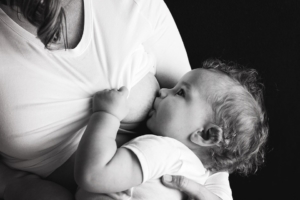Benefits of Breastfeeding
In line with World Breast Feeding Week, running from 1st-7th July, I’m going to outline some of the benefits of breast feeding, for both you and your little one.
Benefits for baby:
Helps build up baby’s microbiome
Our gut microbiome describes the collection of bacteria that we house within our gut. Think of it as a rainforest with thousands and thousands of different species, all fulfilling different purposes. Having a diverse range of healthy bacteria in the gut is vital for optimum health. Baby’s microbiome is inoculated first by delivery method, and secondly through feeding. Research shows that from breast feeding, your baby will get 28% of their gut microbes from the breast milk and 10% from areola skin around the nipple (Pannaraj et al, 2017). Research has shown that breast feeding promotes the development of a healthy microbiome for your baby, and may provide long-term protection from inflammatory diseases (Rogier et al, 2014 – animal study so not direct evidence with humans).
Protection from infections and disease
Around 90% of our immune cells originate in our gut; therefore inoculating the microbiome through breast milk is vital for the development of the immune system (Wopereis et al, 2014; NHS, 2017). You will pass on lots of different nutrients and cells from your breast milk to your baby, including proteins, fats, sugars, hormones, vitamins, minerals and cells that work at fighting infection (antibodies). The predominant antibody in breast milk is secretory IgA (SIgA) (Rogier et al, 2014). When you come into contact with germs, your body will produce specific cells to fight off those germs (antibodies), and as you are sharing your microbes with your baby through your milk, your baby will also be protected from these germs too (Hanson, 2004).
Perfectly designed for your baby
Your milk is specifically designed for your own baby, and the content of it varies greatly throughout each feed (NHS, 2017). Typically the milk will start out less fatty and more watery, with the fat content increasing as the feed goes on. The predominant fatty acids present in breast milk (DHA and ARA) are important for the neurological development of baby’s brain. What’s even more spectacular is that as your baby grows and their nutritional needs change, your milk adapts to reflect this too!
Click here to be taken to a wonderful infographic showing all the nutrients you can pass onto your baby through your breast milk.
Benefits for mum:
Bond with your baby
Knowing that you are naturally producing and providing the sole source of nutrition for your baby can be a wonderful feeling and create a special bond between the two of you (NHS, 2017). Biologically, the hormone oxytocin is released from the brain and is involved in the milk letdown. Oxytocin is released when you are expecting a feed, as well as when baby is suckling. This oxytocin release actually becomes conditioned to your feelings and sensations, for example touching, smelling or hearing your baby (WHO, 2009). In humans, oxytocin induces feelings of calm, helping to reduce stress and may enhance the bond between you and your baby (Uvnäs-Moberg, 1996).
Lowers risk of certain diseases
Research shows an inverse association between the length of breastfeeding and risk of breast cancer (Zhou et al, 2015; González‐Jiménez et al, 2014). Breastfeeding may also decrease the risk of ovarian cancer, osteoporosis, CVD, obesity (NHS, 2017).
Free
Our bodies are truly amazing and we are fortunate to be able to produce the most perfectly nutritious food to sustain our baby’s growth and development – without it costing a penny.
Readily available
As long as you are with your baby, there will be instant access to food for baby at any time it is required. This is where expressing and freezing milk can come in handy, for days where you might be away from baby or may have gone back to work.
References:
https://www.nhs.uk/conditions/pregnancy-and-baby/benefits-breastfeeding/
Pannaraj, P.S., Li, F., Cerini, C., Bender, J.M., Yang, S., Rollie, A., Adisetiyo, H., Zabih, S., Lincez, P.J., Bittinger, K. and Bailey, A., 2017. Association between breast milk bacterial communities and establishment and development of the infant gut microbiome. JAMA pediatrics, 171(7), pp.647-654.
Islami, F., Liu, Y., Jemal, A., Zhou, J., Weiderpass, E., Colditz, G., Boffetta, P. and Weiss, M., 2015. Breastfeeding and breast cancer risk by receptor status—a systematic review and meta-analysis. Annals of Oncology, 26(12), pp.2398-2407.
Zhou, Y., Chen, J., Li, Q., Huang, W., Lan, H. and Jiang, H., 2015. Association between breastfeeding and breast cancer risk: evidence from a meta-analysis. Breastfeeding medicine, 10(3), pp.175-182.
González‐Jiménez, E., García, P.A., Aguilar, M.J., Padilla, C.A. and Álvarez, J., 2014. Breastfeeding and the prevention of breast cancer: a retrospective review of clinical histories. Journal of clinical nursing, 23(17-18), pp.2397-2403.
Wopereis, H., Oozeer, R., Knipping, K., Belzer, C. and Knol, J., 2014. The first thousand days–intestinal microbiology of early life: establishing a symbiosis. Pediatric Allergy and Immunology, 25(5), pp.428-438.
Hanson L 2004, Immunobiology of Human Milk: How Breastfeeding Protects Babies. Pharmasoft Publishing: Göteborg Sweden.
Rogier EW, Frantz AL, Bruno ME, Wedlund L, Cohen DA, Stromberg AJ, Kaetzel CS. Lessons from mother: Long-term impact of antibodies in breast milk on the gut microbiota and intestinal immune system of breastfed offspring. Gut Microbes. 2014; 5(5): 663-8.
Uvnäs-Moberg, K., 1996. Neuroendocrinology of the mother—child interaction. Trends in Endocrinology & Metabolism, 7(4), pp.126-131.
World Health Organization, 2009. Infant and young child feeding: model chapter for textbooks for medical students and allied health professionals. Infant and young child feeding: model chapter for textbooks for medical students and allied health professionals.

